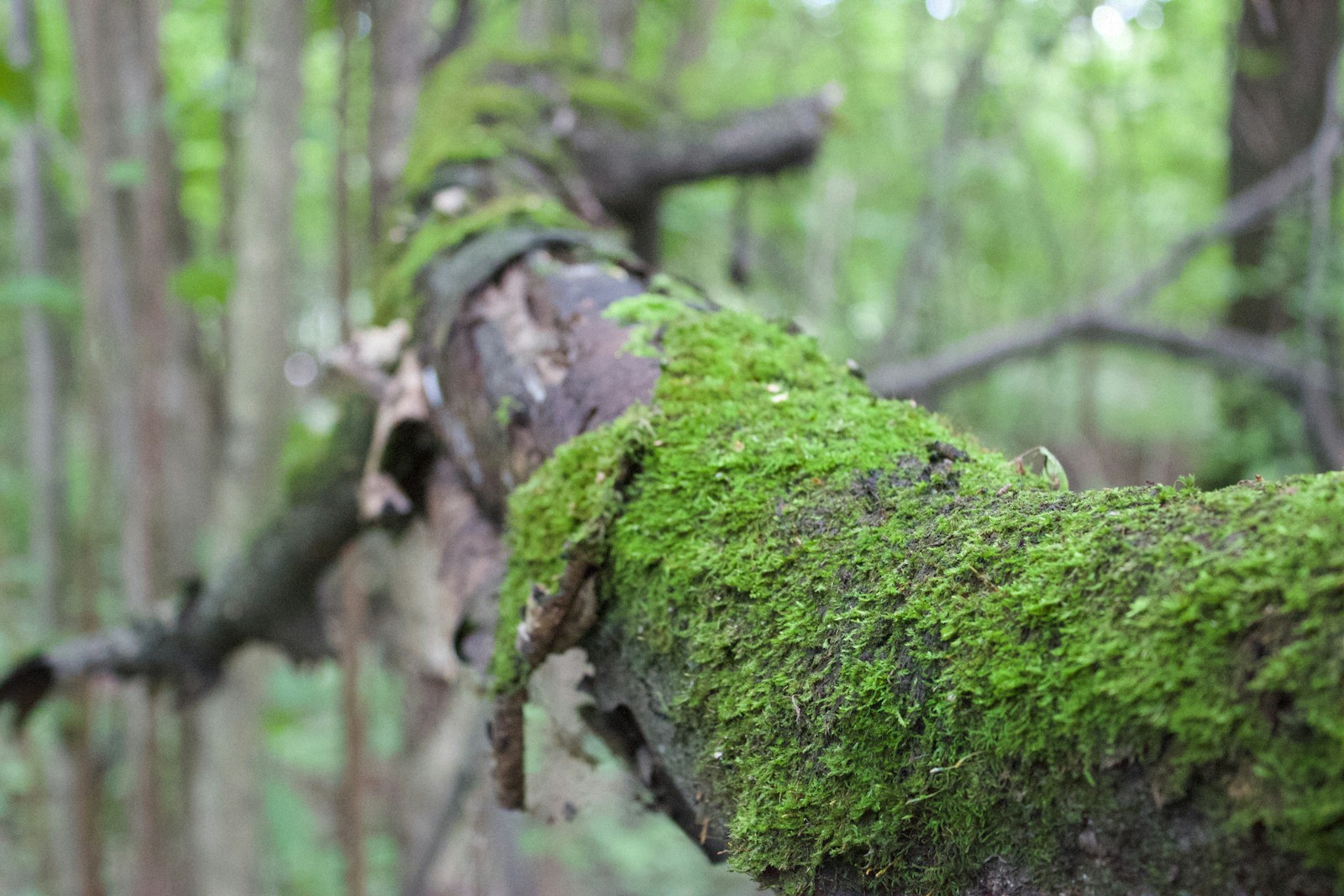
terre

land
The word 'terre' is used in French to mean 'land'. It can be used in a variety of contexts, such as describing a piece of earth or ground (la terre), talking about a country or territory (la terre de mes ancêtres) or referencing the planet Earth itself (la Terre). This word is a common noun and always starts with a lowercase, except when it represents the Earth, or at the start of a sentence.
Example sentences using: terre
La terre est bleue comme une orange.

The earth is blue like an orange.
This phrase is a metaphor, comparing the vastness and boundless beauty of the earth to the simple beauty of an orange.
Il vient de parcourir la moitié de la terre.

He just traveled half the earth.
This phrase expresses the concept of someone having traveled a long distance, if not literally, around the globe.
Nous devons prendre soin de la terre.

We must take care of the earth.
This sentence underscores our responsibility to preserve and protect the environment and our planet.
La terre tourne autour du soleil.

The earth rotates around the sun.
This sentence is a basic statement of astronomical fact about the Earth's position in relation to the sun.
La terre est le troisième planète de notre système solaire.

Earth is the third planet in our solar system.
The phrase is a factual statement about our planet's position in the solar system.
Il a les pieds sur terre.

He has his feet on the ground.
This phrase metaphorically implies that someone is rational, realistic, and not swayed by unrealistic dreams or illusions.
La terre est un élément essentiel de notre existence.

The earth is an essential element of our existence.
This explains the fundamental role that Earth plays in supporting all lifeforms.
Il semble que la terre et le ciel se rencontrent à l'horizon.

It seems that the earth and sky meet at the horizon.
This phrase describes the optical illusion that occurs when one looks at the horizon, where it appears as though the sky and earth have converged.
Le tremblement de terre a détruit tout le village.

The earthquake destroyed the entire village.
In this context, 'terre' is part of a larger term ‘tremblement de terre’, which means earthquake, a natural catastrophe causing destruction.
La faim est un cri de la terre et de ceux qui la cultivent.

Hunger is the cry of the earth and those who cultivate it.
This powerful phrase communicates the interconnectedness of the environment and human sustenance, underscoring issues of food insecurity and environmental degradation.